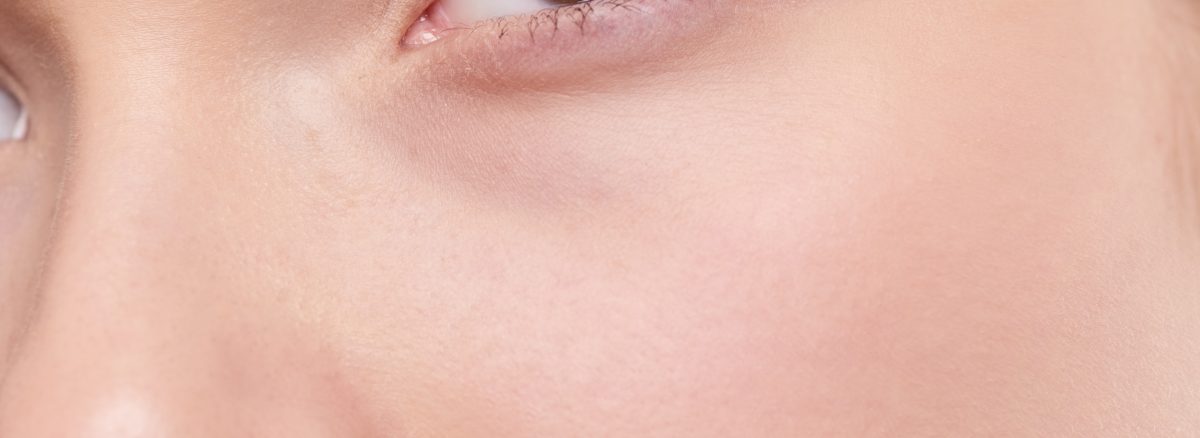Vitamin C is very special for the skin. It proves to be very useful in improving the complexion of the skin, getting rid of blemishes and even lightening the marks of bruises etc. Consuming foods rich in vitamin C is the easiest and most effective way to reap the benefits of this vitamin. Oranges, kiwis, tomatoes, green apples, lemons and bananas are good sources of vitamin C. Moreover, Vitamin C can be taken orally to ensure that you are getting adequate amount of it everyday.
Apart from this, you can use a cream containing vitamin C to include this vitamin in your beauty routine. It is found in skin care products in the form of L-ascorbic acid. Apart from this, serums, powders, lotions, creams and masks with vitamin C are also available in the market. Experts also recommend using it to diagnose skin problems. In the beginning, always use products containing vitamin C in small amounts on the skin, as the ability of the skin to absorb this vitamin gradually increases. Use Vitamin-C on the skin in the morning or at night. Avoid using it in the afternoon as Vitamin-C makes the skin more sensitive to the sun’s rays.
Benefits of Vitamin C for skin health
Vitamin C can be beneficial for the skin in many ways. For this, foods containing vitamin C or vitamin C can be consumed. Read below in detail the benefits of Vitamin C for the skin.
- For Swelling
Vitamin C can help in getting rid of the problem of inflammation. According to medical research published in this regard, vitamin C works to improve the problem of skin inflammation. On this basis, it is said that vitamin C can be used to get relief from skin inflammation.
- For acne
You too must have struggled with the problem of acne at one time or another. Acne heals sooner or later but leaves scars on the face. Vitamin C helps in lightening these marks by promoting the process of new skin cell formation. Vitamin C helps in the quick healing of skin scars by inhibiting the production process of melanin.
Vitamin C can also help in getting rid of the problem of pimples. A scientific study published on the website of NCBI (National Center for Biotechnology Information) states that the anti-inflammatory effect of vitamin C may be beneficial for acne. This can help in improving the condition of acne.
- To tighten the skin
Vitamin C can also play a helpful role in reducing the sagging of the skin. According to medical research published in this regard, vitamin C can tighten the skin by reducing oxidative stress damage and slowing down the process of ageing. For this, it has been advised to consume fruits and vegetables rich in vitamin C. For this reason, vitamin C is considered better for the skin.
- For Sun Damage
The benefits of vitamin C for the skin include protecting against sun damage. According to a research paper, the antioxidants present in this vitamin can protect the skin from photodamage. Photodamage means that it can protect the face from damage caused by the sun’s rays, such as wrinkles, freckles, dryness. In addition, vitamin C also helps reduce suntan.
- For Dark Spots
Vitamin C can also be used to reduce hyperpigmentation i.e. dark spots on the skin. According to a research paper published on the NCBI website, vitamin C can reduce melanogenesis. This is a kind of process, in which the skin pigment i.e. melanin is produced. By reducing it, vitamin C reduces hyperpigmentation, which can also improve skin tone.
- For Stretch Marks
Vitamin C can also help reduce stretch marks. According to research, vitamin C i.e. ascorbic acid promotes the production of collagen and elastin. This can improve the condition of stretch marks.
- To shine
Regular use of Vitamin C brings a unique glow to the skin. It brightens the skin by removing blemishes and improving the complexion. Antioxidants are abundant in Vitamin C. It makes the skin flexible by increasing the formation of collagen. With its use, wrinkles and fine lines are also visible on the skin. Vitamin C also protects the skin from the harmful ultraviolet rays of the sun and forms a protective layer.
- For Skin Aging
Skin ageing is a natural process, which starts appearing on everyone’s skin after a time. Many times this process is accelerated by sun exposure, smoking and environmental factors. In such a situation, vitamin C can help slow down this process of skin ageing. It can help reduce signs of ageing such as wrinkles, fine lines and increasing skin elasticity.
- For Dark Circles
Vitamin C is also considered beneficial in removing dark circles i.e. dark circles under the eyes. According to a scientific study, vitamin C can improve dark circles under the eyes by promoting collagen production and reducing blood stagnation marks. We have already mentioned above that it enhances the complexion of the skin, which can also reduce dark circles.
- Hydrates the skin
Due to dehydration in summer, the skin becomes dry and dry. Due to this gradually the layer starts to settle on the skin and it also starts itching. Vitamin C provides natural moisture to the skin, making it hydrated. It retains water in the body making the skin soft and glowing naturally. It also removes excess oil from the skin. Vitamin C intake is very important to keep the skin hydrated in summers.
How to add vitamin C to our diet for Skin
- Vitamin C can be included in the diet in many ways to keep the skin healthy. Some of the best ways to include vitamin C in the diet are:
- Vitamin C can be included in the diet in the form of fruits. For this, cantaloupe, orange, grapefruit, kiwi fruit, mango, papaya, pineapple, strawberry, raspberry, blueberry, cranberry and watermelon can be consumed.
- To include vitamin C in the diet, you can consume vegetables rich in it. Broccoli, cauliflower spinach, turnips, sweet and white potatoes, tomatoes and pumpkins are rich in vitamin C.
- Lemonade can be consumed for vitamin C.
- Vitamin C can also be taken orally on the advice of a doctor.

